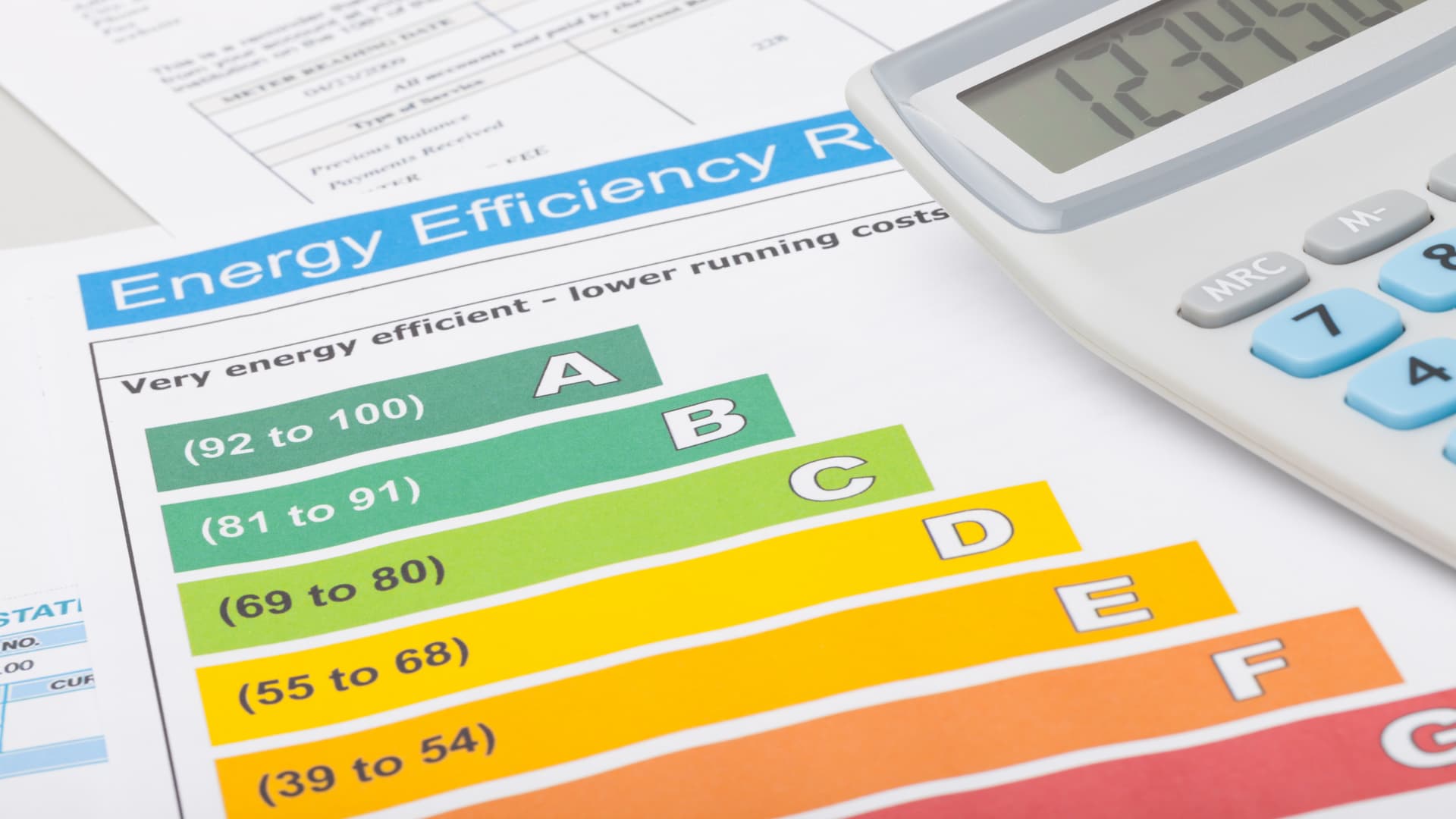


Rental Property EPC's Can Be Improved for £100 or Less
As the UK government promotes its aspirations for homes across the country to have an energy or EPC rating of C or above, some tips have been shared to help landlords achieve this.
However, if you're expecting to invest a lot into improving your rental property's energy rating, you might be pleasantly surprised as some of the changes can cost £100 or less but still raise the rating more than one notch.
If that's not good news to landlords' and letting agents' ears, then a separate report suggesting the current strength in the rental market is set to last throughout the summer and possibly beyond. This second piece of good news comes as void periods declined in May, while rents held firm at an average of over £900 per month.
Millions of Homes Could Become More Energy Efficient
Energy efficiency is increasingly important in the lettings industry, not least because it supports the value of the property from an investment perspective but also because it can translate into cheaper energy bills for tenants. With those two possible benefits from a more energy efficient rental property, improving the EPC rating seems like a no brainer – particularly when it can be done cost-effectively.
Recent research suggests there are a number of ways landlords can raise the EPC rating of their property from a low rating towards a C which is the target rating for all residential property in the UK by 2035. Here are the three cheapest options:
- Insulating a hot water cylinder at an average cost of £23.
- Switching to low energy lighting across the entire property comes at an average cost of £38.
- Rather than installing double glazing, draught proofing single glazed windows will cost an average of just £100 but have a positive effect on the EPC rating and energy bills.
While making just one of these upgrades might not have a noticeable impact, by doing two or more both the landlord and tenant will reap the financial and energy efficiency rewards. Indeed, research shows that by spending just a few hundred pounds, the proportion of homes that have an EPC rating of below a C could fall to just 11% from the current level of 59%.
While news that a small investment could reap welcome rewards is a positive development, there’s even more good news for landlords and letting agents across the UK.
Rental Voids Decline 15% in May
Separate research into the UK’s residential rental sector shows that the market remained buoyant in May with average void periods falling in seven out of the eight regions covered by the Goodlord rental index. That activity helped push the average void period across the region as a whole down by some 15% in May from April.
The largest decline in average void periods in rental properties was from 27 to 18 days in the west Midlands. Meanwhile, the north east of England was the only region where void periods rose, with an increase of one day.
The survey also shows that as well as demand for lettings properties being strong, recent rises in the average incomes of renters across the UK also bodes well for a busy summer in the residential rental market. Data shows that after some declines in 2020 amid Covid-19 related activity, average incomes among renters has begun to rise in recent months.
“This time of year is always a busy period but the combination of increased consumer confidence, pent up demand, and what looks like a more normal year ahead for student housing, is on track to deliver a hugely successful season for the lettings market,” said Goodlord’s COO, Tom Mundy. “Agents and landlords should make sure they’re prepared for this demand and ready to capitalise on it.”
Overall then, the current picture appears to be a positive one for landlords and tenants, something which will be warmly welcomed after a difficult 18 months.



